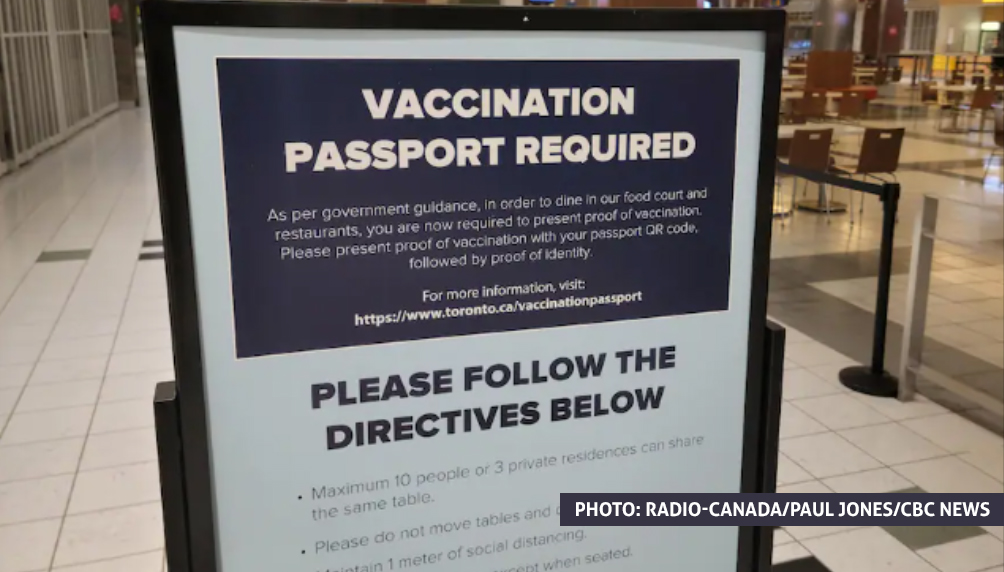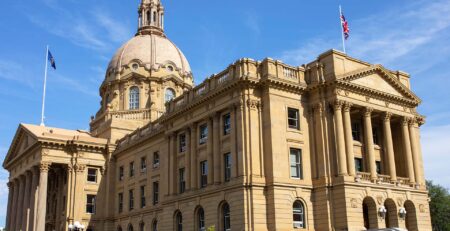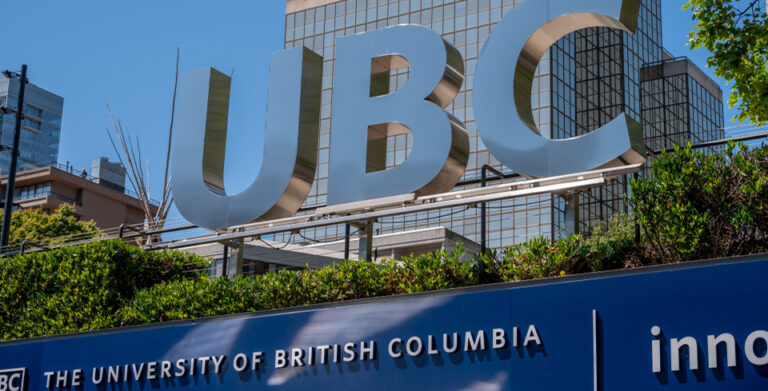TORONTO: The Justice Centre funded the challenge to Ontario’s now expired vaccine passport system in the Ontario Superior Court on Monday, November 21 and Tuesday, November 22, 2022. The hearing has been concluded, but the court has reserved judgement to an unspecified future date.
On September 21, 2021, the Ontario government created a vaccine passport that required certain businesses to check proof of vaccination from patrons in order to allow them entry into the venues. The government required community centers, movie theatres, gyms, recreational facilities, restaurants, and many other venues to deny entry to Ontarians unless they provided proof of vaccination. The venues subject to the vaccine passports included majority of indoor places where Ontarians gathered with family, friends and community to connect and socialize. Businesses who did not comply were subject to heavy fines, and even jail time.
The following article was published by Radio Canada (French) on the two day hearing. The following is a short excerpt from the article has been translated to English by the Justice Centre, setting out some of the arguments made by counsel on behalf of their clients.
All the applicants had been prohibited from engaging in normal social events and every-day activities that were previously accessible to all Ontarians. Excluding people without proof of having two doses of the Covid shot from everyday societal activities, is a violation of their rights guaranteed under the Canadian Charter of Rights and Freedoms. Lawyers for the applicants argued that the passport system was coercive, arbitrary, discriminatory and that it removed Ontarians’ free and informed consent to a medical procedure or intervention.
Lawyers for the applicants argued that such violations were discriminatory and unjustified. Offering statistics and testimonials, they asserted that the passport was arbitrary, illegal and unconstitutional. “All Ontarians have the freedom to move wherever they want and the right to enjoy what democracy has to offer,” explained Ms. Henna Parmar. Parmar said that the exemptions denied to her clients discriminated against unvaccinated people and that the accommodations the province offered them were insufficient. “No exemption had, for example, been granted to conscientious objectors,” she continued.
Her colleague, Ms. Sayeh Hassan, argued that governments must be held accountable for Charter violations when they violate citizens’ constitutional rights or when they abuse power. She added that Ontario had not based its decisions on issuing a passport on any scientific evidence, and that it had not taken the trouble to ensure that the measure would not violate the rights guaranteed in the Charter. She further said the province offered no alternatives to those who were resistant to vaccination, such as administering rapid tests at the entrance to public places that were off-limits to them. “If such tests had been available to our clients, we would not be here today,” she pointed out. “There is also no evidence,” she said, “that the passport has reduced the transmission of the virus or eased the strain on the province’s health care system. Millions of Ontarians have been affected in one way or another by this policy,” she said.
Ms. Hassan accused Ontario of having managed its health network by imposing draconian restrictions, rather than ensuring that the system was functioning smoothly, with appropriate staff and a sufficient number of beds.
“They threw their responsibilities on the citizens. It’s unfair to say, as the province argues, that the unvaccinated added to the burden on an already fragile health care system, because problems in the ER and wait times for surgeries existed before the pandemic in Ontario,” she continued. Ms. Hassan also cited a report on this subject by the Auditor General of Ontario, who said recently that the province had not done enough to deal with the emergency room crisis and the postponement of surgical operations.
Ontario rescinded the passports in March 2022, as more evidence confirmed that vaccinated and unvaccinated individuals spread Covid in equal measure. The vaccines are still undergoing clinical trials that are set to finish in 2023.








